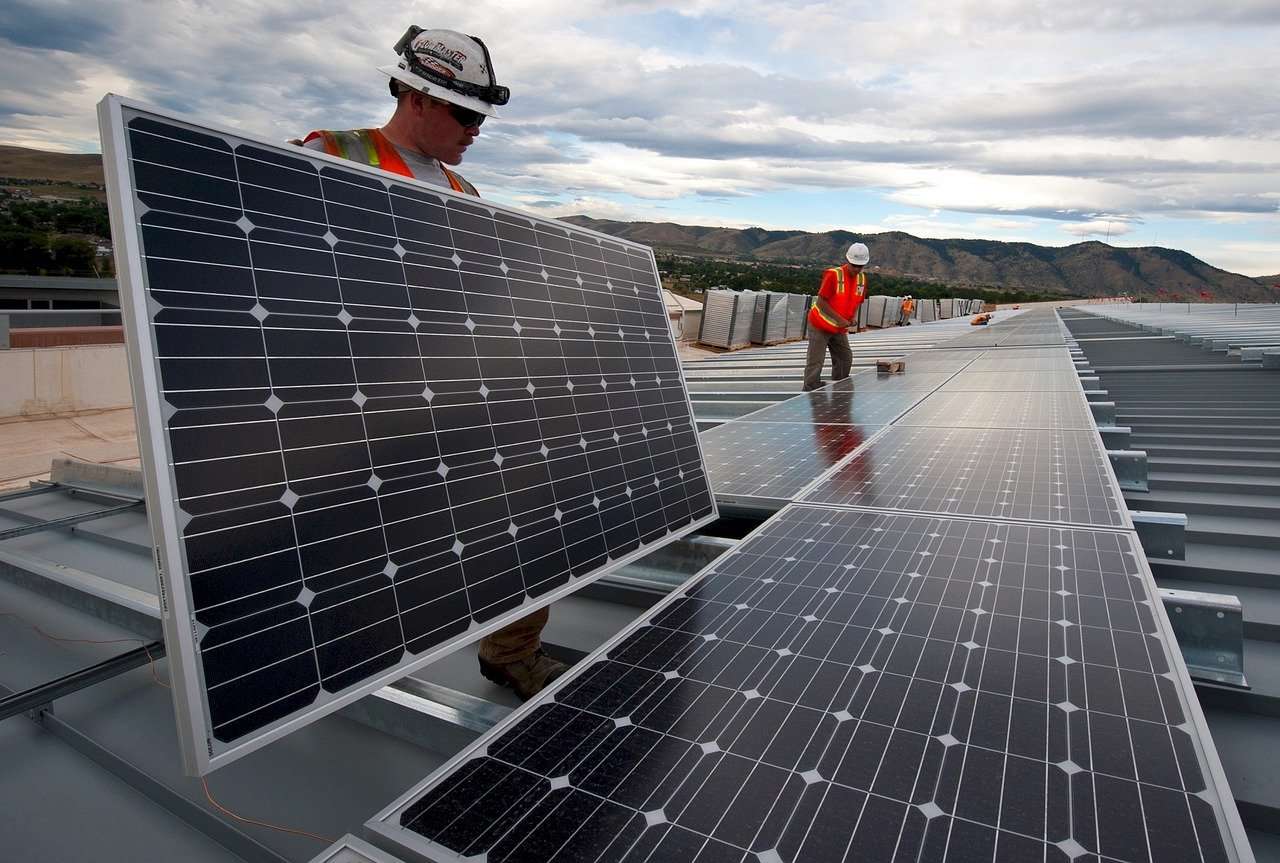Over the years, the renewable energy industry has seen great leaps of innovation due to humanity finally giving the much-needed attention to saving the environment at any cost. This means great minds of science are teaming up to understand how we can use clean energy more and more, despite the big money tied to coal-fired power plants.
In this article, we’ll be taking a look at the best and latest tech advancements to renewable energy that you might be interested to learn and follow.
Accessibility and Distribution
Previously, when we talk about renewable energy, only a few big companies or even progressive governments are able to tap into this power, but more and more people now are given the chance to use these systems not only for work, but also at home.
This is especially true for solar power because it’s the easiest renewable energy to tap into anywhere on the planet. For example, you can actually install your own solar panel system at home and be completely independent from your town’s power grid. But if you don’t have enough space to accommodate gigantic solar panels, you can opt to sign up for community solar which is a subscription-based solar farm that does the job of generating solar power for you.
The best thing about shared solar farms is that your subscription can be integrated into your existing power connection so you won’t have to cut ties with your energy provider earlier than you intend to.
Optimization and Generation
In terms of optimization, the biggest area of the clean energy sector that saw the most improvement is hydroelectric power, which is the biggest renewable energy resource on the planet. In the United States, the government was able to develop advanced tools called the Water Use Optimization Toolset that makes operating large-scale hydropower plants more efficient and enhances power output and environmental benefits.
Meanwhile, technological innovations in both wind and solar energy generation are also able to bring down production costs that make it easier and cheaper to tap into such power sources for commercial and residential use.
Storage
When renewable energy was first conceptualized, the seasonal availability of resources like sunshine, wind, and water current was a legitimate concern. Renewable energy sources were seen as unreliable and fluctuating, i.e. there was no way to use solar energy in the winter or even at night when the sun isn’t out.
With the advent of storage options for renewable energy, though, we are now able to harness clean energy and use them on-demand, increasing renewable grid reliability by miles from where it used to be. Battery storage may be deployed both on the electric grid or directly to consumers’ homes and offices, making renewables more sustainable and reliable.
So far, lithium-ion batteries are still the most popular energy storage options, but investments into more cost-effective solutions are gaining ground. In fact, in 2018, the World Bank announced that it is funneling $1 billion to accelerate global efforts to develop battery storage for energy systems in emerging economies.
This bodes well for everyone looking to make a complete shift to using clean energy.
Gadget Innovations
Having solar-powered gadgets is a great way to explore how renewable energy works and how reliable it is for everyday use. Almost every year, more and more solar-powered gadgets become available in the market.
So far, we have solar-powered watches, calculators, lanterns, tiles, and chargers, among others. Technology is paving the way for more of these solar-powered gadgets to be made commercially available in the future.
This is perfect for gadget enthusiasts who no longer want to consume electricity mindlessly.
As much as technological advancements are sometimes seen as enemies of environmental sustainability, there are a lot of ways it can also help our quest to live cleaner. After all, technology is not inherently good or evil — at the core, it’s just a tool whose effect depends on how we use or wield it. Hopefully, you can support technological advancements that serve the benefit of preserving the planet.

